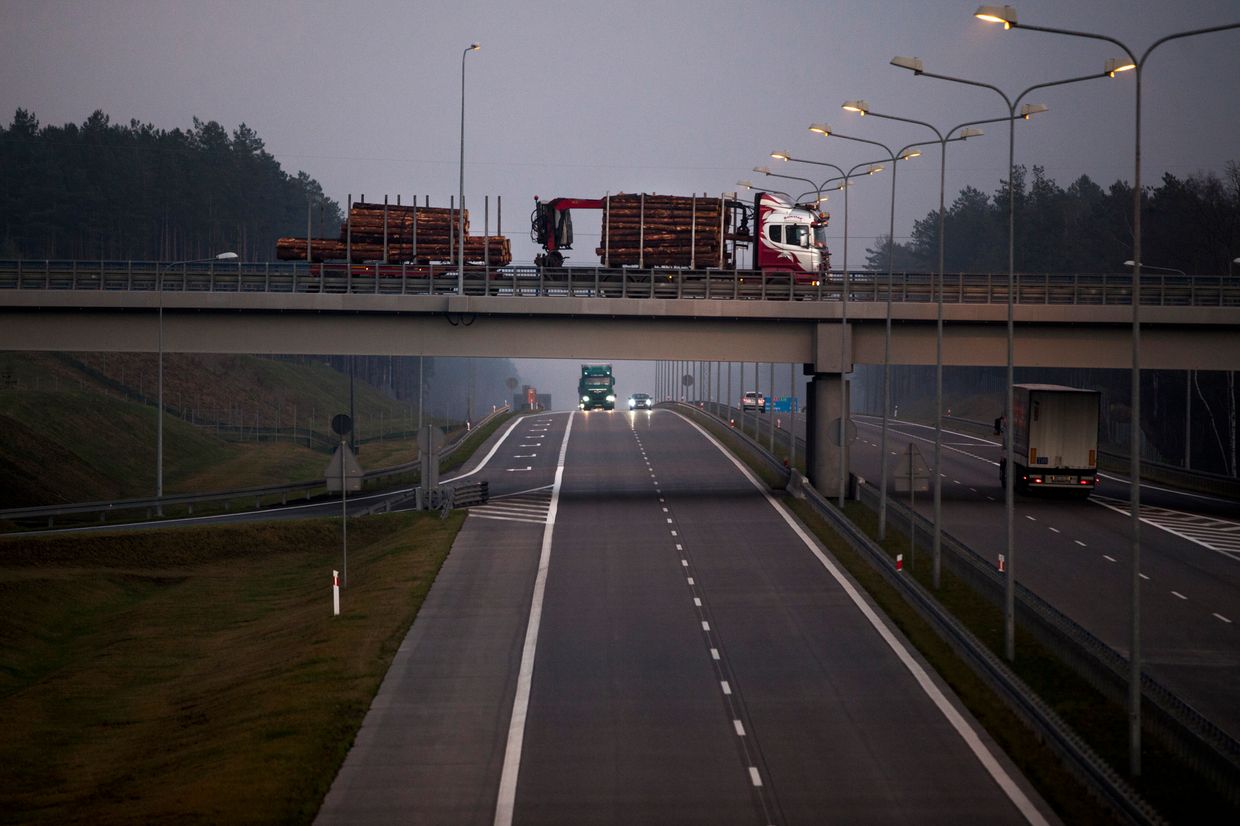UK defense secretary calls on Europe not to curb Ukrainian imports

U.K. Defense Secretary Grant Shapps urged Europe not to restrict imports from Ukraine, reminding London's own decision to extend tariff-free and quota-free imports from Ukraine for most goods for another five years.
"The U.K. calls on Europe to follow suit to defend freedom and democracy against the invasion of sovereign Ukraine by dictatorial (Vladimir) Putin," Shapps wrote on X on March 27.
Previously, France and Poland called for a curb on Ukrainian agricultural imports, Politico reported on March 19. Such a move would threaten to derail negotiations on extending Ukraine's free-trade access to the EU for another year, according to three European diplomats who spoke to the media outlet.
Paris and Warsaw reportedly pushed for restrictions on Ukrainian products import, including wheat, sugar, poultry, oats, honey, and eggs, the Polish radio station RMF 24 said on March 27.
France and Poland, supported by some of Ukraine's neighbors, also insisted on considering the year 2021, when Ukrainian imports to the EU were lower than during the full-scale war, in the European Parliament's calculation of quotas for Ukrainian agricultural products, RMF 24 said, citing diplomatic sources.
On March 27, Belgium's EU Council presidency updated the draft agreement, extending the term of duty-free trade with Ukraine, Radio Free Europe/Radio Liberty (RFE/RL) reported, citing anonymous sources familiar with the issue.
According to RFE/RL, parties are still trying to find a compromise, considering taking into account 2022, 2023, and only the second half of 2021 in the calculation of Ukraine's import capacity to partially meet Paris' and Warsaw's demands.
Ukraine could lose an additional 86 million euros ($95 million) if the second half of 2021 is considered during the calculations, RFE/RL said, citing the European Commission's evaluation.
In total, Ukraine's budget could lose 331 million euros ($358 million) if future restrictions on Ukrainian imports were based on the calculations considering the years 2022, 2023, and the second half of 2021.
The EU instituted a liberalized trade regime with Ukraine in 2022 to alleviate the country's economy amid Russia's war and the blockade of the Black Sea shipping lanes.
Several EU members, such as Poland, have complained that imports of Ukrainian agricultural products are pushing down prices and thus threatening their own farmers. Polish farmers are currently holding protests in Poland and at the Ukrainian border, blocking several checkpoints.













